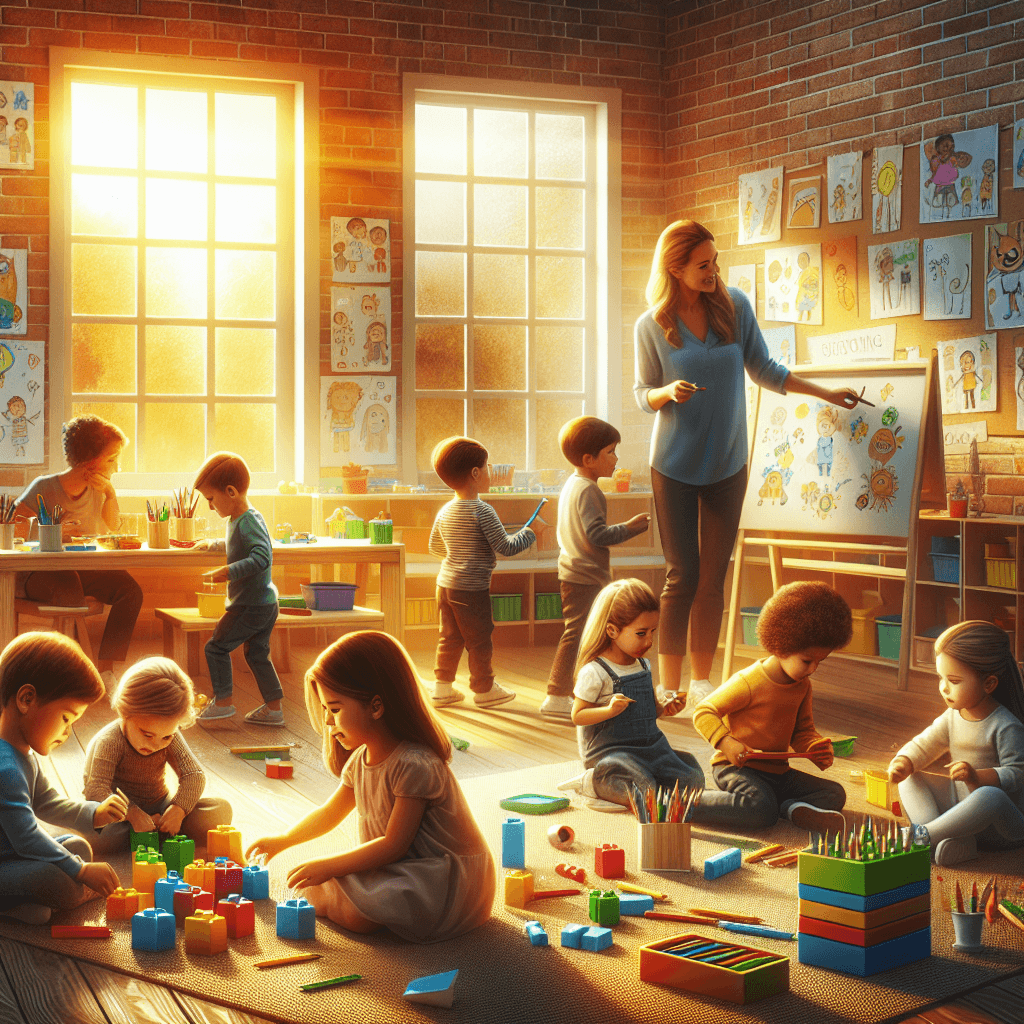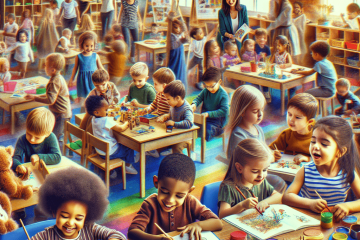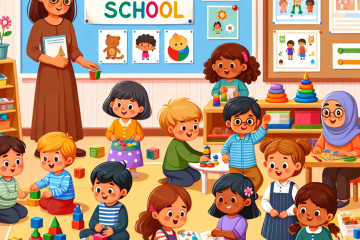Importance of Play-Based Learning in Early Childhood Development
In the bustling world of early childhood development, one phrase consistently emerges as a cornerstone of effective education: play-based learning. Education experts and researchers alike advocate for this approach, emphasizing its critical role in nurturing various aspects of a child’s growth. From social skills to cognitive development, the benefits are numerous and profound.
What is Play-Based Learning?
Play-based learning is an educational method that uses play as the primary tool for teaching and learning. This can include a wide range of activities, such as free play, guided play, and structured play. The idea is to create a learning environment where children can explore, experiment, and discover while having fun.
- Free Play: Unstructured playtime where children choose their activities.
- Guided Play: Activities led by adults but allow for child autonomy.
- Structured Play: Goal-oriented tasks with specific outcomes.
Why is Play-Based Learning Critical in Early Childhood Development?
The formative years of a child are characterized by rapid growth and development. Play-based learning serves as a versatile tool in addressing the holistic development of a child in several key areas:
Cognitive Development
During play, children encounter situations that stimulate their problem-solving and critical-thinking skills. Activities like puzzles, building blocks, and role-playing scenarios help in developing a child’s ability to think both logically and abstractly.
- Enhances memory and concentration
- Improves problem-solving skills
- Promotes creative thinking
Social Skills
Interaction is a fundamental aspect of play. Whether it’s sharing toys or engaging in group activities, children learn the essential skills of communication, cooperation, and conflict resolution. These skills are indispensable both academically and socially.
- Builds communication skills
- Encourages teamwork and cooperation
- Develops empathy and understanding
Emotional Development
Play offers a safe space for children to express their emotions and test different emotional responses. Role-playing games, in particular, allow children to navigate various feelings and scenarios, helping them better understand and manage their emotions.
- Boosts self-confidence
- Fosters emotional intelligence
- Reduces stress and anxiety
Physical Development
Physical activities such as running, climbing, and dancing are not just fun; they are vital for developing fine and gross motor skills. These activities enhance coordination, balance, and overall physical health.
- Improves motor skills
- Encourages physical fitness
- Promotes healthy growth and development
The Role of Educators and Parents in Play-Based Learning
The impact of play-based learning is maximized when both educators and parents are actively involved. Here are some actionable tips to incorporate play-based learning in everyday routines:
Creating a Play-Conducive Environment
Setting up a conducive environment is the first stepping stone. Ensuring a space that is safe, engaging, and rich with materials that stimulate curiosity can make a significant difference.
- Provide a variety of toys and materials
- Ensure the play area is safe and accessible
- Include outdoor activities for a balanced approach
Guided Play Sessions
While free play is essential, guided play sessions led by adults can offer structured learning opportunities. These sessions can be themed around specific skills or concepts you want to develop in the child.
- Organize themed play sessions (e.g., science experiments, art projects)
- Introduce educational toys and games
- Encourage role-playing and imaginative games
Maintaining a Balanced Approach
Balance is key. Structured play should complement free play, ensuring that children have the freedom to explore while also benefiting from adult-led activities.
- Combine free play with structured learning
- Allow children to choose their activities
- Be flexible and responsive to your child’s interests
Conclusion
In summary, play-based learning is not just a modern educational buzzword but a crucial method for fostering a child’s development in myriad ways. By integrating play-based learning into early childhood education, we can help children build a robust foundation in cognitive, social, emotional, and physical domains. Whether you’re an educator or a parent, embracing this approach can pave the way for a brighter, more balanced future for our young learners.
So, the next time you see your child playing, remember that they’re not just having fun—they’re learning and growing in ways that will impact them for life.




